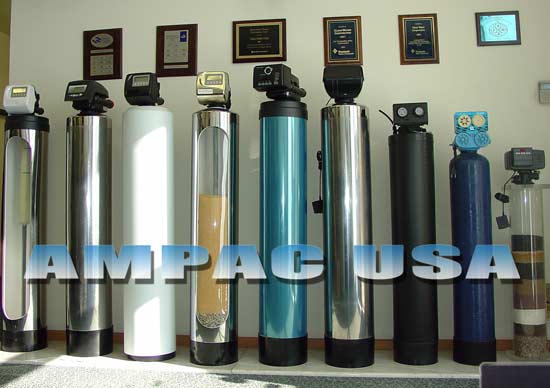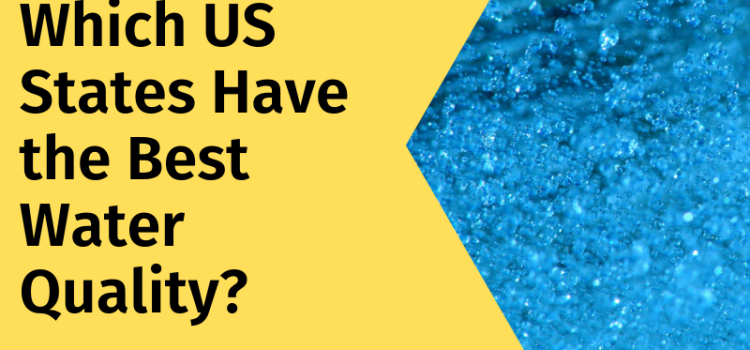Last updated on March 29th, 2025 at 12:41 pm
Almost all water supplies have some level of hardness depending upon surrounding conditions. Certain factors like neighboring industries, the state of soil and more can thrust unwanted components such as excessive carbonate, calcium and magnesium. It is the above-limit presence of these minerals which makes water hard.
The hardness of water has a lot of disadvantages. The first thing you’ll notice if your water supply is hard is the lack of sufficient leather formation when you use soaps or detergents with water for cleaning or washing purposes. When that happens, it becomes quite tough for you to carry out a wide range of cleaning tasks. The hardness will limit the ability of your washing machine to wash your clothes properly. Another detriment of water hardness is for the appliances. Things like coffee maker and water heater will start developing debris, rings and some might even go to the extent of being blocked. That’s not all; hard water is not good for your skin and hair as well. In summation, you’ve got plenty of reasons to ensure that your water doesn’t stay hard. That’s why several homes install a cost-friendly solution to this problem called the water softener. Based on ion exchange technique, a softener involves an interchange of calcium and magnesium ions with sodium chloride. This process results in removal of hardness of water.
With the passage of time, some softeners start smelling bad. There can be several reasons for this. The first one is the exhaustion of the activated carbon present inside the ion exchange system. After the activated carbon is used up, it becomes very likely to breed a lot of bacteria and hence the smell. This is the reason why it is advised to do proper maintenance and replacement of necessary parts like filters. A thorough cleaning of the system and replacement of filters will eliminate the unwanted smell quite easily.
Another reason for that odor can be sulfur bacteria infestation. Sulfur bacteria have a high probability to infest sodium which is a key component of a typical ion exchange softener. The sulfur bacteria produces hydrogen sulfide overtime which is the gas responsible for all that smell. The solution to this is to call a water filter repair expert. They will take the necessary steps to eliminate bacteria and consequently the smell.
Certain water supplies contain excessive amount of sulfur, iron or hydrogen sulfide. These contents react with the softener apparatus and again result in a gas which produces an unpleasant smell. It is due to such reasons that it becomes essential to get your water supply tested before installing a system. If you know of these impurities in advance, you can then have the appropriate pre-treatment or filtration parts which can get rid of such substances and make water pure or fit for further treatment before it is consumed. Nevertheless, even if you catch it late, you can bring in those extra pre-filters to fix your water concerns but the process can be costlier and inconvenient.












I don’t think the title of your article matches the content lol. Just kidding, mainly because I had some doubts after reading the article. https://www.binance.com/en-IN/register?ref=UM6SMJM3
Thank you for your sharing. I am worried that I lack creative ideas. It is your article that makes me full of hope. Thank you. But, I have a question, can you help me?
Your point of view caught my eye and was very interesting. Thanks. I have a question for you. https://accounts.binance.info/en/register-person?ref=JHQQKNKN
I don’t think the title of your article matches the content lol. Just kidding, mainly because I had some doubts after reading the article. https://www.binance.com/es-MX/register?ref=GJY4VW8W
I don’t think the title of your article matches the content lol. Just kidding, mainly because I had some doubts after reading the article.
I don’t think the title of your article matches the content lol. Just kidding, mainly because I had some doubts after reading the article.
Thank you for your sharing. I am worried that I lack creative ideas. It is your article that makes me full of hope. Thank you. But, I have a question, can you help me?